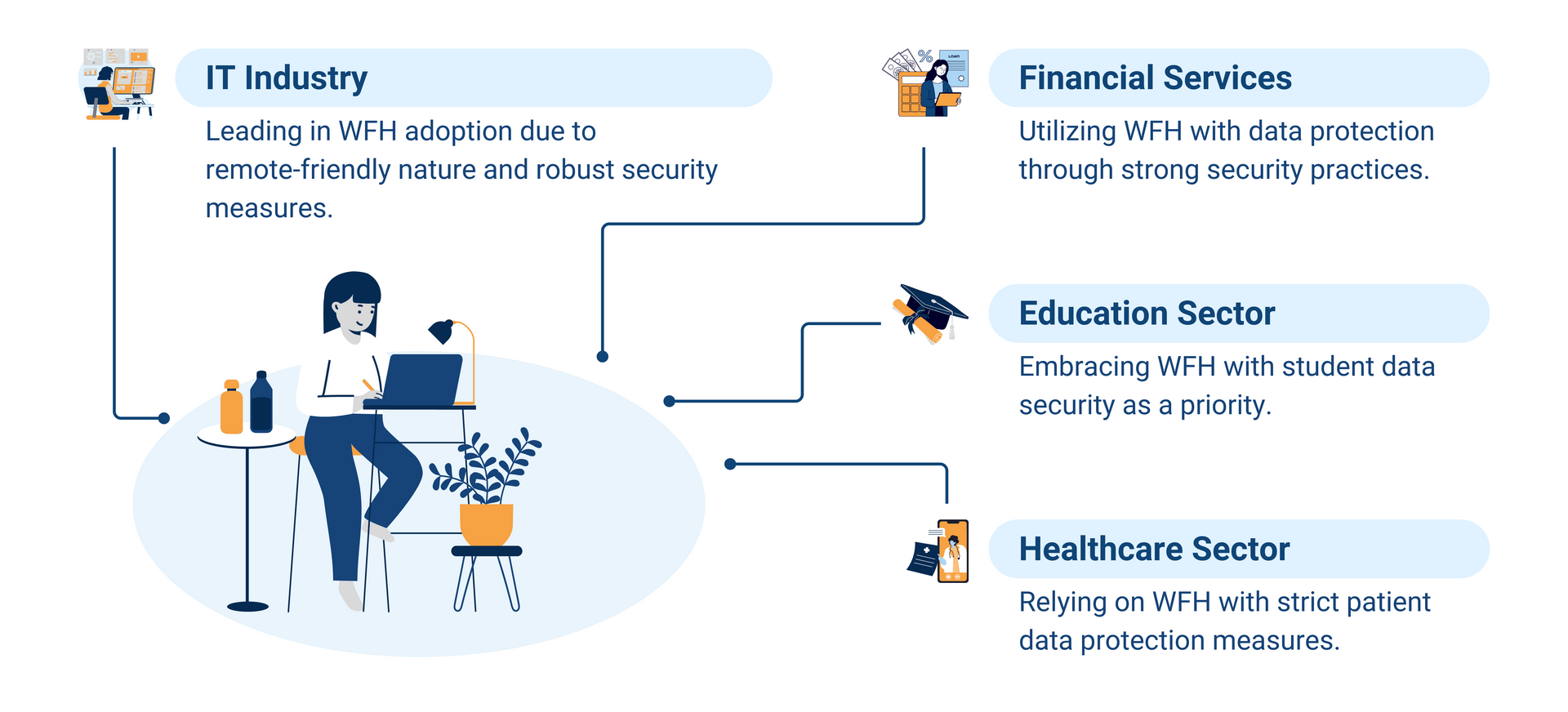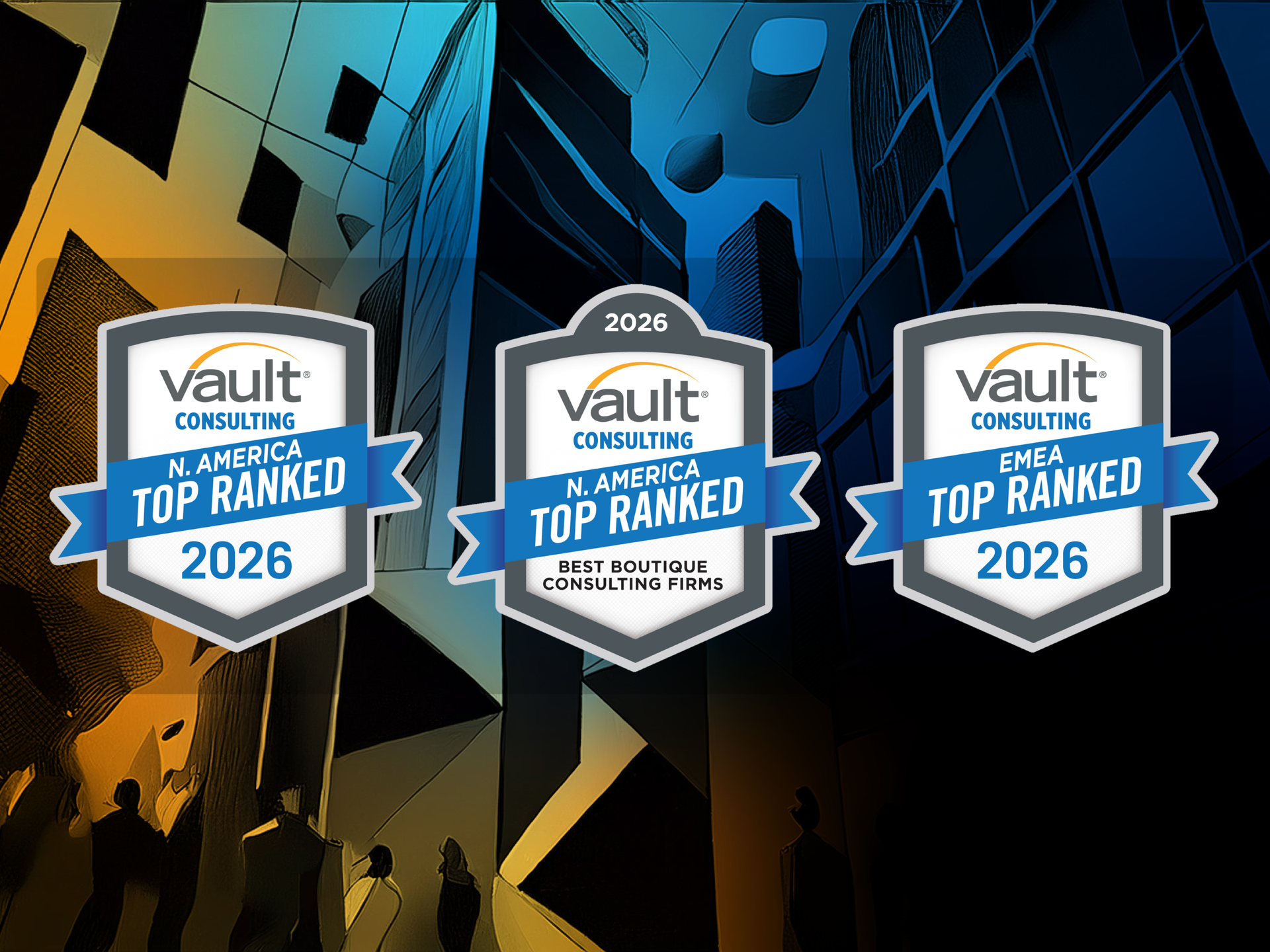Share
Covid instigated a significant shift of human activities to online platforms. As organizations worldwide transitioned to an online environment, the implementation of a Work-from-Home (WFH) business model inadvertently heightened risks to internal data—mainly due to employees' use of their personal devices and home networks. Many home networks are not equipped to handle malicious and intentional cyber-attacks and lack the required industrial standard security needed to properly combat them.
The revenue of the global network security market is expected to reach $24.96B in 2024 and projected to reach $40.75B by 2029, with a CAGR of 10.3%. North America is expected to lead the regional market, commanding a CAGR of 10.46%. This figure is anticipated to surge further as organizations increasingly embrace remote work arrangements. Moreover, the escalating frequency of cyber-attacks targeting WFH networks is expected to fuel additional investments in network security.
Risks challenges faced by WFH
Security is boundless; it permeates everything in an organization. WFH employees, in the comfort of their homes, tend to abandon routine office security practices. Management has an increased responsibility to set expectations about how they are managing information security risks in the WFH environments, leveraging new policies and technologies, and empowering their employees. Businesses need to provide more realistic solutions and provide employees with more rights, which indirectly imply more potential security issues.
The importance of network security
As remote work continues to become the norm, organizations must prioritize network security to protect sensitive information and maintain operational integrity in the virtual landscape. The importance of robust network security measures for employees working from home cannot be overstated. Below are some key reasons why network security is a critical imperative in the WFH era:
Key industries in which WFH is leading & the security measures imposed

- IT Industry: IT industry excels in WFH due to remote-friendly nature & security awareness and technologies including firewalls, intrusion detection, & encryption secure networks.
- Financial Services: WFH is heavily utilized in the financial services, ensuring data protection while enabling remote work for many roles. Stringent security measures, such as multi-factor authentication, encryption, and regular audits, are standard practice in finance.
- Education Sector: The education industry embraces WFH with the rise of online courses and programs. Educational institutions prioritize student data security using measures like firewalls, data encryption, and intrusion detection systems.
- Healthcare Sector: The healthcare industry relies significantly on WFH for remote roles, emphasizing patient data protection. Stringent security measures, including data encryption, intrusion detection systems, and regular audits, are standard for healthcare providers.
M&A activity in network security for WFH
The M&A investment in network security for WFH has been increasing in recent years. For example, in 2020, Palo Alto Networks acquired CloudGenix (a cloud-based network security company that provides solutions for remote workers) for $4.1 billion. The market's most active acquirers are prominent network security companies seeking to broaden their product offerings and capture a larger share in the burgeoning WFH market. They primarily target small, innovative firms that are at the forefront of developing new network security solutions tailored for remote work. These acquisitions often focus on obtaining cutting-edge technology and the capability to swiftly introduce novel products to meet the demands of the evolving WFH landscape.
Conclusion
In the dynamic landscape of remote work, network security emerges as a mission-critical aspect of safeguarding an organization's data, assets, and operations. The protection of sensitive information, the preservation of business continuity, and adherence to legal requirements are intricately tied to the implementation of robust network security measures. Prioritizing network security empowers organizations to foster a secure and productive remote work environment while effectively combating the ever-evolving challenges posed by cyber threats and insider risks.
Stax is a global strategy consulting firm providing actionable, data-driven insights for clients to aid in value creation and capital growth. To learn more about Stax, our services, and our expertise, visit www.stax.com or click here to contact us for more information.
Sources
"Network Security - Worldwide," Statista, Jun. 2024.
Shellenback, Karen. “Working from home cyber risk,” Mercer LLC, 2020.
“5 simple ways to secure your network in the remote working era,” Cisco Meraki, 2022.






